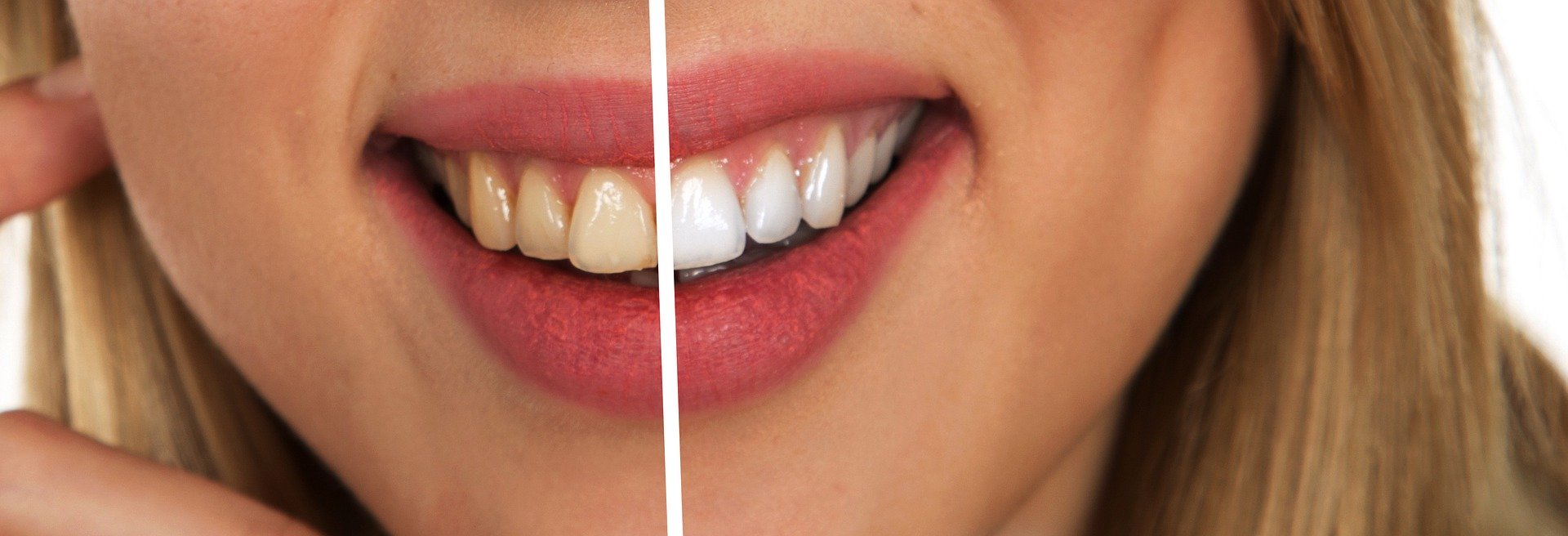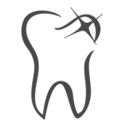
VISITING HOURS:
Week Days - 9 am to 8 pmSundays - Only Emergency Cases
Tooth discolouration: Reasons, Prevention and Treatment
Tooth discolouration is among the most common of dental problems. Teeth become discoloured easily, and there are many reasons for stains to appear on teeth. For instance, strong dyes naturally present in everyday foods can cause the teeth to become discoloured. Other reasons include poor dental hygiene, use of tobacco, specific medication and diseases, age, excessive intake of fluoride and injury.
Foods and beverages such as coffee, tea, cola drinks, beetroot, tomato ketchup, dark coloured berries, Indian curries flavoured with turmeric and red chilli powder, and chocolate and paan are major culprits. Smoking too stains the teeth, leaving behind ugly brown spots. This is not an extensive list, but you get the picture – all these foods have a distinctive dark colour, which discolours tooth enamel.
Discoloured teeth are unpleasant to look at; they ruin your smile and rob you of your confidence. The markets are flooded with off the shelf teeth whitening products, but not all are effective and safe. Dentists offer safe procedures, and you must trust only a reputed dentist for tooth discolouration treatment. Dentique – The Dental Studio is one such dental clinic, which assures patients of personalised treatments.
Things that can cause Tooth Discolouration
Richly coloured foods, such as beetroot, turmeric, berries and jambul, can stain teeth. The same goes for beverages such as tea, coffee, wine and colas. Puffing on cigarettes and chewing tobacco can also cause brown spots to form on teeth. Poor dental hygiene is another likely cause for discolouration of teeth. Improper brushing techniques and forgetting to floss causes stains to become permanent and plaque to build on teeth.

Other things that discolour teeth include medication. Regular use of certain antibiotics, especially during childhood, can discolour teeth, permanently. Particular antibiotics, antihistamine, antipsychotic and antihypertensive drugs can stain and damage teeth. Diseases are another cause, as they can affect tooth enamel and dentin and in turn, cause them to discolour. Medical therapies like chemo and radiation and materials used in dentistry too discolour teeth. People may also experience tooth discolouration with age. Trauma, hereditary factors and environment can also impact the colour of the teeth.
How to prevent tooth discolouration

Maintaining proper dental hygiene is the key to avoiding tooth discolouration. Dentists recommend rinsing of the mouth after meals. It is particularly important to do so, after consumption of dark coloured foods that are most likely to stain teeth. It entails adopting lifestyle changes, for example, smokers and coffee or cola or wine drinkers may want to reduce the intake of these items or choose to quit them altogether. Alternatively, they can practice dental hygiene that includes brushing, flossing and using mouth wash.
Brushing teeth twice a day must be part of your daily dental hygiene routine. Regular visits to a dental clinic for thorough cleaning of teeth by a dental hygienist also helps avert staining of teeth. Fix an appointment once every six months. However, these are mere precautions. If you have a problem of discoloured teeth, then the best way forward is to consult a dentist. Only a dentist can suggest a permanent solution for tooth discolouration.
The best treatment for tooth discolouration
Your pearly whites are meant to be just that – white. Yellowed discoloured teeth and stained teeth are an ugly sight. Your discoloured teeth probably dampen your spirits, making you cover what could otherwise be a gorgeous smile. You don’t have to live with stained teeth. Thankfully, there are a lot of options available to give you perfect teeth. Dentists provide remedies and permanent solutions for tooth discolouration. The best way forward is to seek a dentist’s appointment and let them take it on from there.
- A dentist will treat slightly yellowed teeth with teeth whitening agents. It is a simple procedure where a teeth whitening gel is applied to the stained teeth. It is a safe cosmetic dental treatment with guaranteed results. The dentist may suggest in-home whitening agent which the patient uses within the comfort of their home or recommend that the procedure be carried out in the clinic.
- Dental Bondings are suitable for minor dental issues, including correcting discoloured tooth. The discoloured tooth is covered with composite material, moulded, hardened and polished.
- Dental veneers are a better choice, especially for teeth that are severely damaged and discoloured. Intrinsic tooth stains are deep-rooted and often challenging to fix. The teeth can become tarnished as a side-effect of medication or excessive fluoride and even after a root canal procedure.
- Dental Veneers are also called dental porcelain laminates or porcelain veneers. They are ultrathin shells, made from tooth-coloured materials bearing a stark resemblance to natural teeth. They are always made-to-order and designed to fit the front surface of the problem tooth. The veneer masks the damaged tooth, giving it a natural appearance.
- Two types of dental veneers are available; one type is made from resin composite material, and the other from porcelain. Your dentist will be able to guide you on which veneer is best for you. However, porcelain veneers are known to fight stains better when compared to resin veneers. They are also more natural-looking.
So, if you have any persistent dental issues, visit a dental clinic. Dentique with our professional approach and personalised service helps you get rid of any kind of dental issues you are facing.
OUR
TREATMENTS
TREATMENTS








